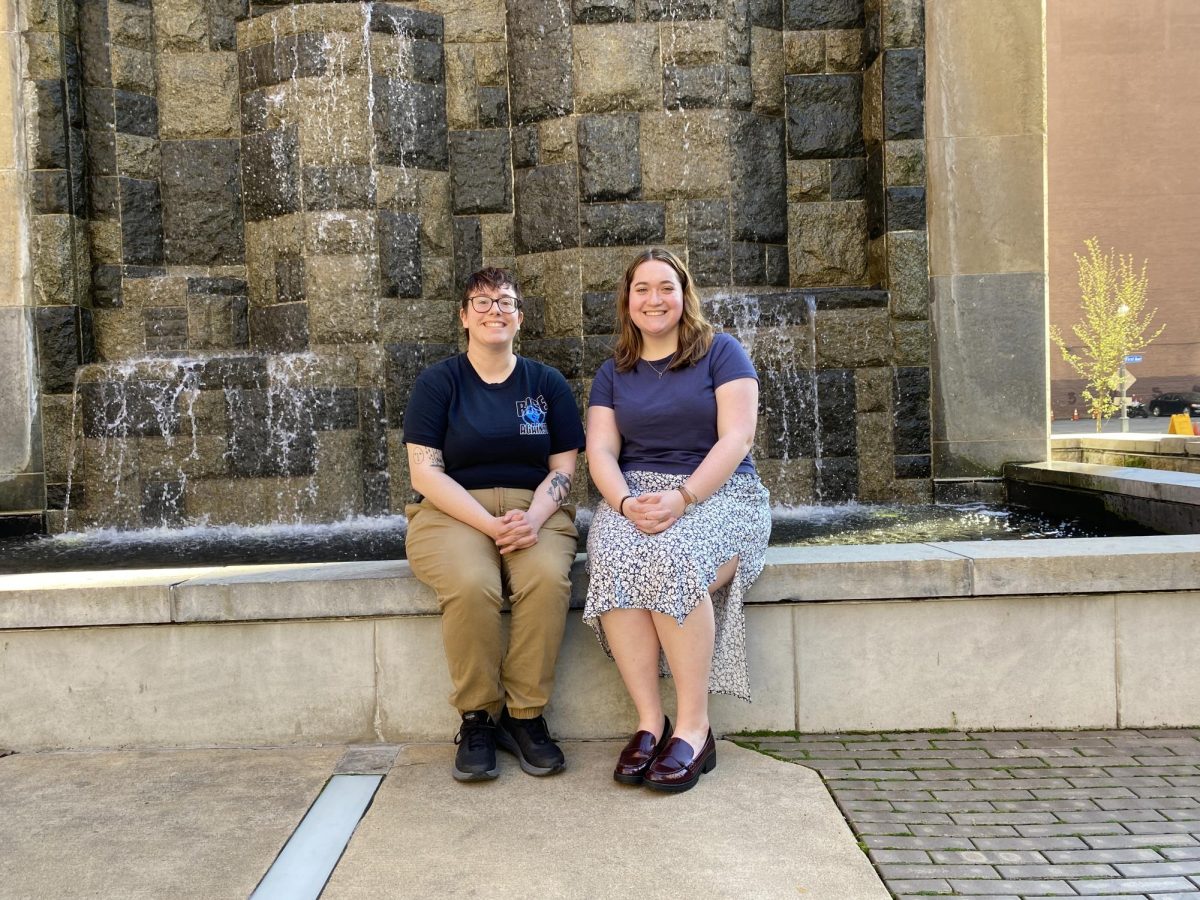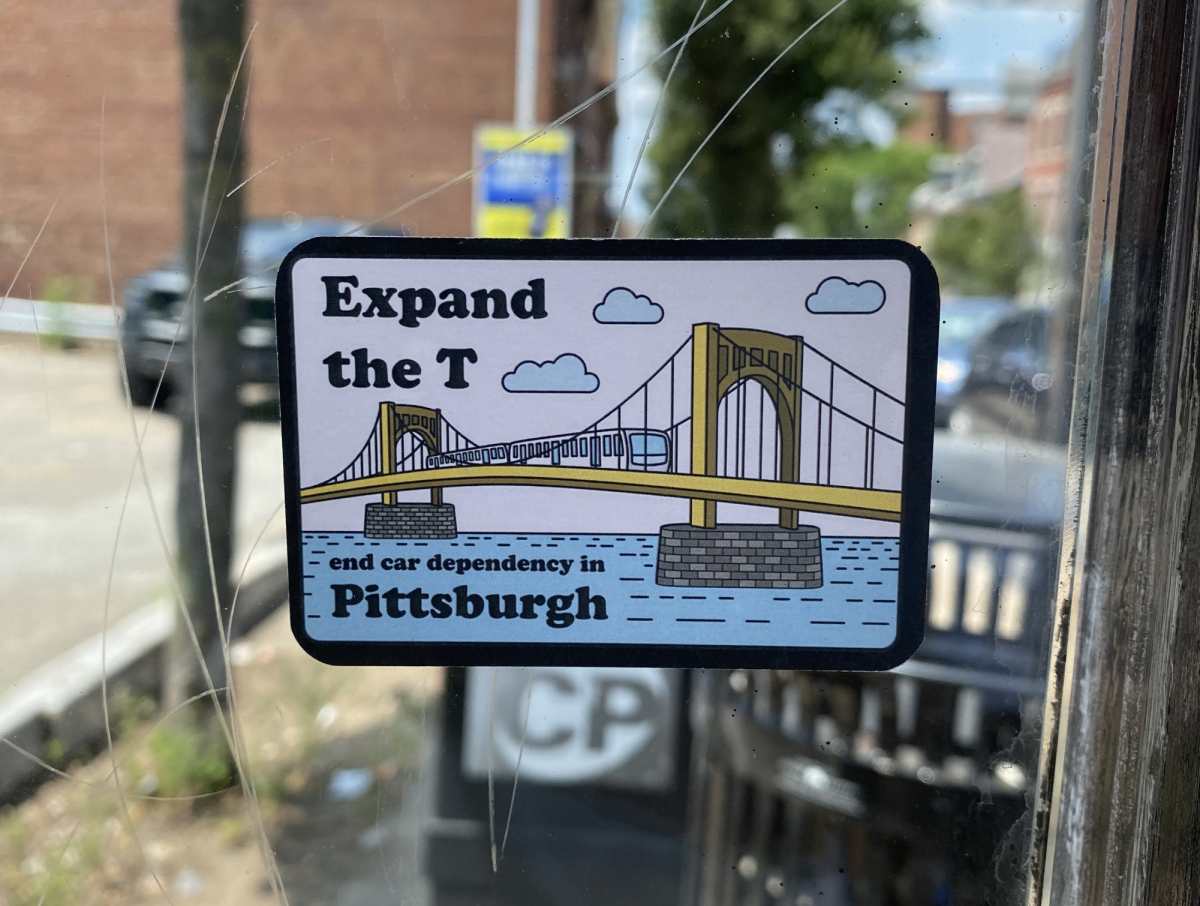In 1988, the state-chartered University of Michigan created a policy that intended to curb, based on the University’s governing Board of Regents view, “..a rising tide of racial intolerance and harassment on campus.”The school’s board lamented incidents like blacks referred to as “..saucer lips, porch monkeys, and jigaboos,” a claim that “..homosexuality is a disease and..to develop a counseling plan for changing gay clients to straight,” or remarks by a male student that “Women just aren’t as good in this field as men.”While the Michigan Board seemed well-meaning, the policy was attacked on the grounds that it limited free speech “..a significant amount of ‘verbal conduct’ and ‘verbal behavior’ which is unquestionably protected speech..” and that it was too vague “[that] the terms stigmatized” and ‘victimized’ are not self-defining.”The issue of whether protected category hate speech, which is protected under the First Amendment, should be permitted on campuses despite claims it violates a student’s 14th Amendment rights and hate speech codes? I think hate speech codes should not trump protected hate speech despite that it may violate the 14th Amendment because of the following: hate speech codes have become a quick fix by the university, that they only drive the issue of hate underground, and that they can lead to censorship of other groups.For hate speech to be saved by the First Amendment, it must adhere to the narrow criterion by not violating the “fighting words doctrine” found in Chaplinsky v. New Hampshire (1942), which asserts any speech is punished if “by their very utterance [the words] inflict injury or tend to incite an immediate breach of the peace.” Hate speech mustn’t tread the lines of Brandenburg v. Ohio (1969), which shelters hate speech “except where such advocacy is directed to inciting or producing imminent lawless action or is likely to incite or produce such action.”The Court ruled in favor of Doe on the grounds that the hate speech code violated both the students’ freedom of speech (neither doctrine just above was violated), and that the school’s code was too vague thus contrary the doctrine of fighting words.Whether it would be flag burning and other anti-national propaganda or consensual adult hetero and/or homosexual pornography, our nations tolerates many kinds of freedoms that other nations would not think twice to ban. And for every proponent, be it abortion or gay marriage, there is always an opponent. Therefore, while colleges and universities may have good intentions their hate speech codes, however, (as stated by the American Civil Liberties Union, in their editorial Evaluating Hate Speech Codes) “[c]ollege administrators may find speech codes attractive as a quick fix” yet these codes don’t actually address the real issues of “bigotry or intolerance amongst its students.” Instead these hate speech codes sweep the issues under the rug where they will only get stronger.Opponents offer alternatives to this problem. Many groups believe education is the best solution to hate speech on campuses. Such a group is the American Association of University Professors, as found in its Policy, Documents, and Reporters, “Colleges and universities should stress the means they use best – to educate.” Their suggestions are developing courses and other curricular designed to increase student understanding and to deter offensive or intolerant speech and/or conduct. An additional alternative is writing letters to Congress and state representatives to act but to do so within the bounds of the law. Another solution is for colleges and universities to diversify their faculty so that they set the example. Students will not only have a diverse student body and educational point of view but their own professors and teachers, of diverse backgrounds, may contribute their student’s perception.Nonetheless the reason for colleges and universities to go through with hate speech codes is evident in the title. Alexander Tsesis wrote in his article 2009, Dignity and Speech: The Regulation of Hate Speech in a Democracy “hate speech is a threatening form of communication that is contrary to democratic principles.” Indeed many agree that such speech infringes on 14TH amendment guarantee of equal protection, since at the workplace you cannot say whatever is on your mind especially if you offend others. David Warden, a member of Michigan State’s gay and lesbian student group, expressed his concerns “The real danger is to students who are victimized by attacks.” and that “Harassment has never been determined free speech. If I go around saying ‘I hate the university,’ that’s fine. If go down the street yelling ‘I hate black people,’ then that attacking people,” which is in an article by the Associated Press entitled Universities struggle with free speech, hate speech.Hate speech codes are designed in hopes to prevent incidents of hate, on the other hand, there too are increasing concerns that they only direct hate speech to the underground where it intensifies, as it seeks converters. The net is such an example. In censoring a student’s thought, it only encourages him or her to search for another outlet, which is what the ACLU has claimed on its homepage, “By simply deterring students from saying out loud what they will continue to think in private, merely drive biases underground where they can’t be addressed.” Whether we will admit it or not, we came to college with our own views, biases, and even prejudices (despite our race, gender, sexuality, etc) that we learned growing up. Therefore, punishment isn’t the solution since that person, consequently feeling controlled, may react stubbornly, reaffirming his/her own beliefs. A reaction as this has produced many revolutions and Civil Rights movements worldwide. Ironically, hate speech users could develop a feeling of oppression and resentment that builds up. Another consequence is how the biased ideas of hate speech may likely be articulated in more subtle and cunning language in an attempt to evade hate speech codes.
April 19‘Burgh Bites: Subway









